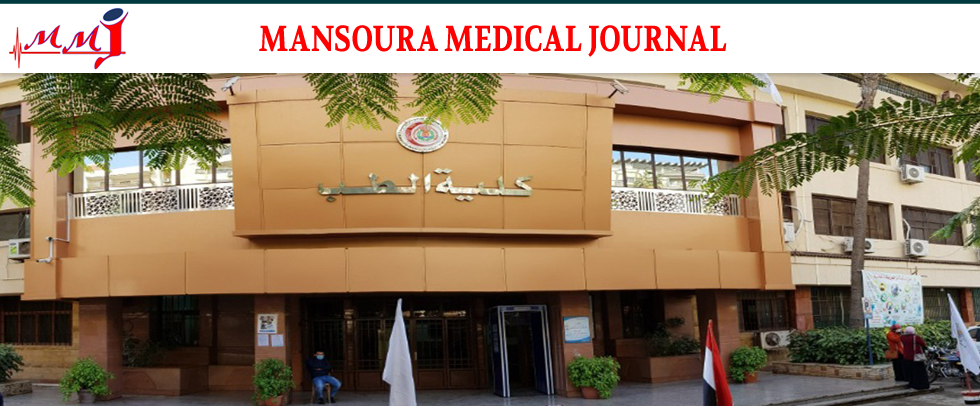Subject Area
Internal Medicine
Article Type
Original Study
Abstract
Background: The treatment decision of patients with moderately severe cases of degenerative lumbar spinal canal stenosis (LSS) whether conservative or surgical is highly dependable on physician evaluation without clear standards. The purpose of this study is to evaluate the effectiveness of conservative treatment of patients complaining of moderately severe degenerative LSS in comparison with surgical intervention throughout one year follow up. The present study was conducted on 60 patients with LSS: 30 patients treated with rehabilitation program and 30 patients treated with decompression surgery. All patients were assessed for pain and physical function before treatment, 3 months, 6 months and 12 months after treatment. Results: Both groups showed significant improvement of Oswestry Disability Index (ODI), ODI walk, and Zurich Claudication Questionnaire (ZCQ) symptoms and function subscales at 3, 6 and 12 months after treatment compared to baseline. However, at 1 year, the most patients of the conservative group did not maintain improvement in ODI and ZCQ subscales scores. The beneficial effect of operative treatment sustained throughout the 1-year follow-up. No serious complications were encountered in conservative group but, there were two patients in surgical group had serious complications. Conclusion: The conservative treatment yielded statistical significant improvement among patients with moderately severe LSS for three, six and twelve months follow up compared to baseline. Nonetheless, at all follow-up end points, the surgical group outperformed the conservative group statistically.
Recommended Citation
abdelrahman, nermeen; Alkosha, hazem; mohsen, mona; and Hafez, Eman
(2021)
"Prospective study on the treatment of degenerative lumbar spinal canal stenosis: Surgical versus conservative intervention,"
Mansoura Medical Journal: Vol. 50
:
Iss.
2
, Article 1.
Available at:
https://doi.org/10.21608/mjmu.2021.69508.1014
Creative Commons License

This work is licensed under a Creative Commons Attribution 4.0 International License.



